A family of British millionaires kept a man in slavery for 25 years (11 photos + 1 video)
A man who was enslaved by a millionaire family for almost 26 years will receive £352,000 in taxpayer compensation. The Rooney family beat him, gave him scraps and forced him to live in a filthy caravan in Lincolnshire. 
In 2017, 11 members of the clan were convicted of exploiting the homeless and disabled. The Rooneys amassed a fortune of £4 million but were ordered to pay back just £1 million to their victims. 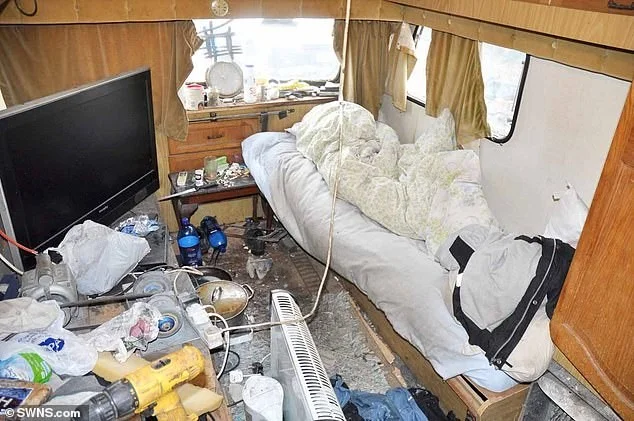
The victim lived in an old caravan with no amenities
The man, known as Victim A, had been waiting so long for compensation that his captors had already been released.
The court offered him just £12,428, prompting his family to appeal to the Serious Injury Compensation Authority, an agency of the Ministry of Justice. 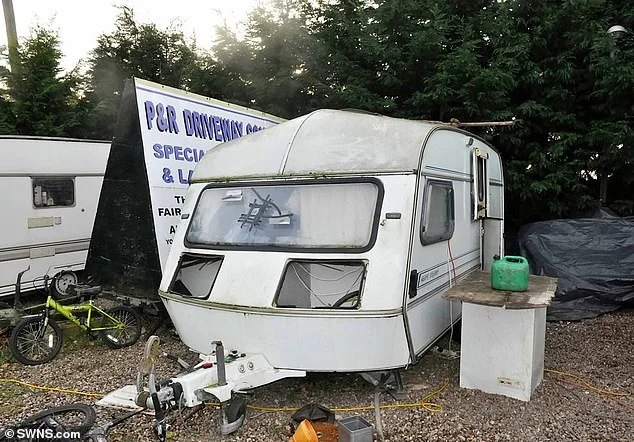
After seven years, the man has finally received £352,000 in government compensation. His sister says the amount will cover the cost of his 24-hour care.
Fifteen people who were held in slavery with Victim A have died before receiving the payment.
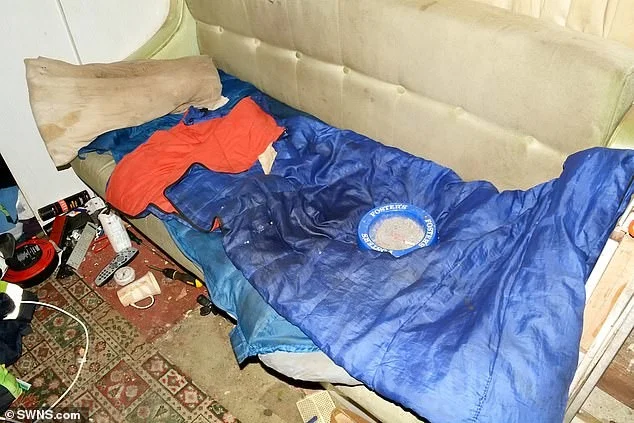
The captives had no access to such basic things as heating, water or toilet
The members of the criminal group, who were convicted of fraud and exploitation of people, spent time in Barbados, had plastic surgery and even sponsored the Manchester United football school. They earned all this from the labor of their slaves.
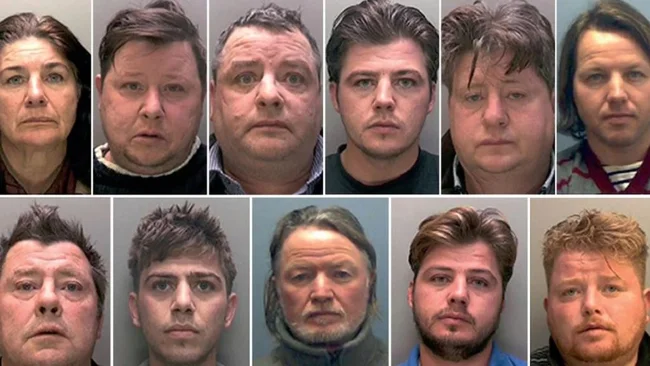
Top (left to right): Bridget, Gerald, John Sr., John, Lawrence and Martin Rooney. Bottom: Martin Sr., Martin, Patrick Sr. and Patrick Rooney and Peter Doran
The gang leaders were Martin Rooney Sr. and Bridget Rooney.
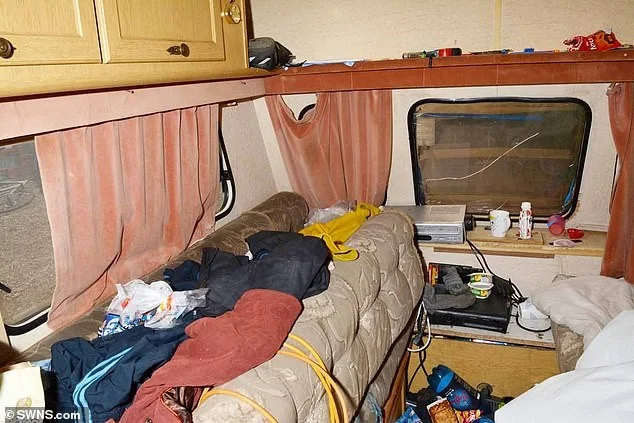
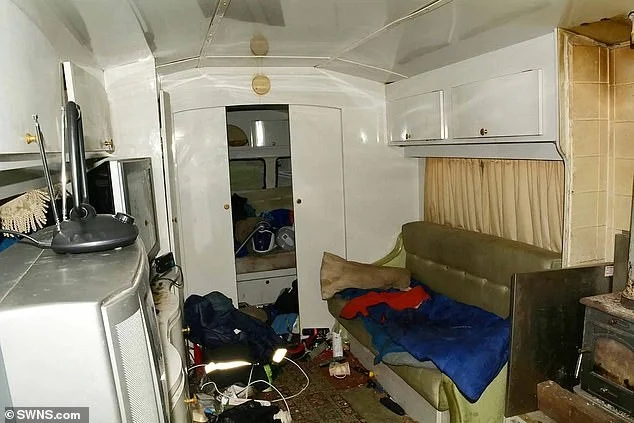
In 2014, Lincolnshire Police and the National Crime Agency carried out raids that freed the captives, aged between 18 and 63.

The interior of one of the vans
The Rooneys also forced four pensioners to transfer their properties into their names, selling one of the houses for £250,000.

Building work at John Rooney's home
The criminals sought victims on the streets, in hostels and shelters, offering work in exchange for food and accommodation.
The workers lived in old wagons or stables, with little access to basic amenities such as heat, water, and toilets.

The decor of Patrick Rooney's home is markedly different from the conditions in which the slaves were kept
Eighteen men worked on Rooney's construction sites and businesses, repairing houses and paving roads. Despite the hard work, they often went hungry, receiving "family scraps."



























